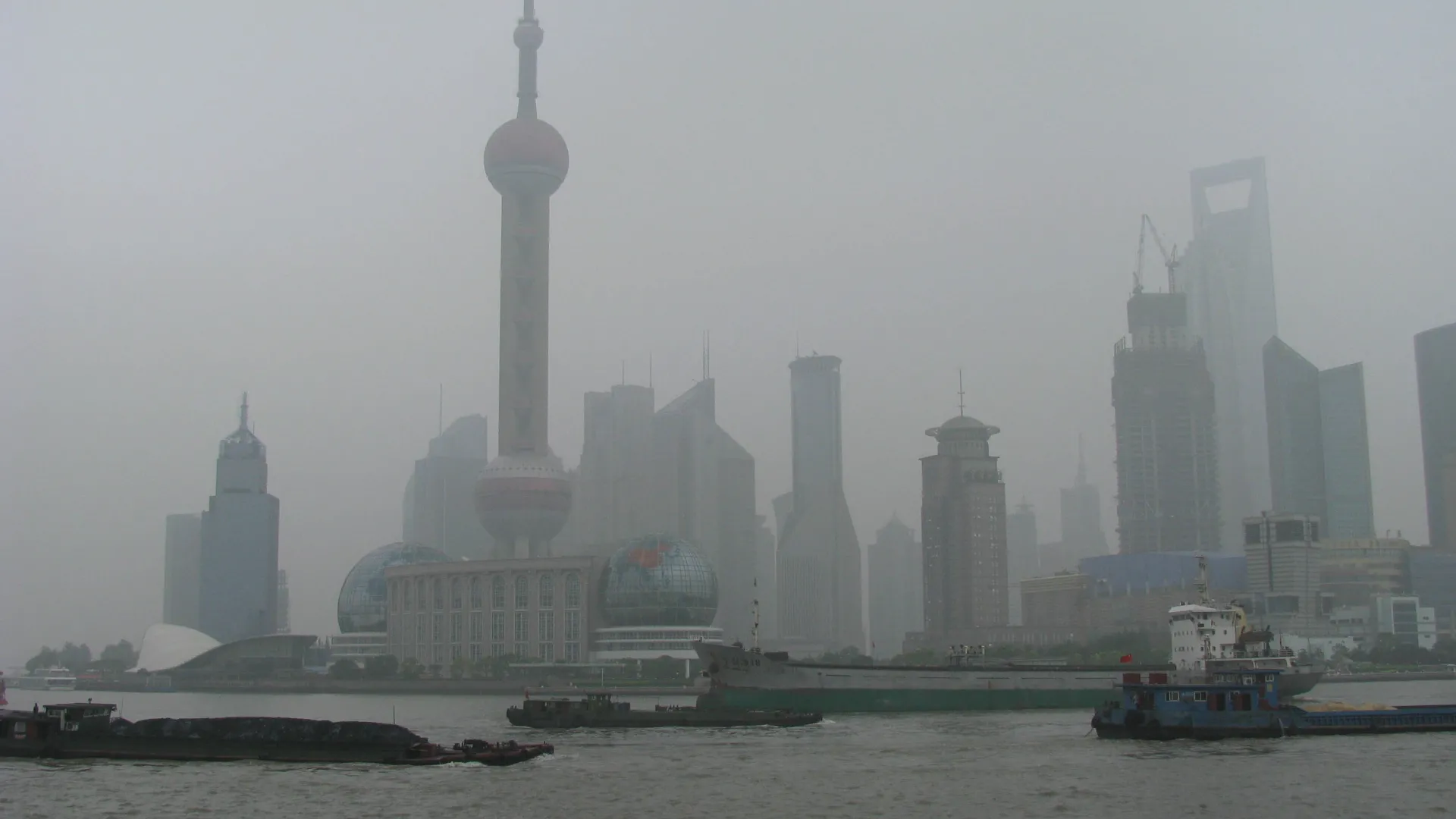Joe Gutierrez | CSUSB Office of Strategic Communication | (951) 236-4522| joeg@csusb.edu

China’s rapid economic development and the impact it has had on its environment and a look at why many Chinese dissidents support former U.S. President Donald Trump will be the focus of two talks presented by CSUSB’s Modern China Lecture Series this week.
“China’s Environmental Challenges in a Long-term Historical Context,” with Robert B. Marks, professor emeritus at Whittier College, take place at noon on Tuesday, March 9.
“Why Do Chinese Dissidents Support Trump,” with Perry Link, Distinguished Professor of Comparative Literature and Chinese at UC Riverside and professor emeritus of East Asian Studies at Princeton University, is scheduled for noon Thursday, March 11.
Both talks, open to the public, will be on Zoom and can be accessed from a PC, Mac, Linux, iOS or Android at https://csusb.zoom.us/j/388207496.
Marks will discuss how China’s emergence as the world’s largest economy has brought massive environmental changes and challenges. China also has the longest continuous and documented history of any place on earth. That history provides an opportunity to place China’s current environmental challenges into a very long-term context. As one historian put it, China has experienced “3,000 years of unsustainable development.”
Marks is the author of several books and articles on Chinese and world environmental history, most notably “Tigers, Rice, Silk, and Silt: Environment and Economy in South China” (1998), “The Origins of the Modern World: A Global and Environmental Narrative from the Fifteenth to the Twenty-first Century” (4th ed. 2020), and “China: An Environmental History” (2nd ed., 2017) (all translated into Chinese).
Link’s talk will focus on the question on why many Chinese dissidents – generally smart, well-informed, and idealistic people – were rooting for Trump in the recent presidential election. Understanding those reasons helps us not only to understand these courageous protesters but, perhaps in unexpected ways, to understand ourselves as well.
Link has published in the fields of modern Chinese language, literature, popular culture, intellectual history, art and politics. He has translated numerous books and articles by prominent Chinese voices including Liu Xiaobo, Ai Weiwei, and Fang Lizhi. This talk is related to Link’s article for the New York Review of Books, “Seeing the CCP Clearly.”
Also, upcoming this month will be:
- March 23 at noon: “A Sensational Encounter with High Socialist China,” with author Paul G. Pickowicz, and
- March 25 at noon: “What the World Owes the Comfort Women,” with historian Carol Gluck.
The Modern China Lecture Series was initiated to promote awareness of important issues related to China for those on the CSUSB campus and in the community. In the series of more than 50 lectures, workshops, film screenings and roundtable forums since January 2014, China scholars from UC San Diego, UC Riverside, the Claremont Colleges, UCLA, USC, UC Irvine and other institutions have visited the CSUSB campus to share their expertise and opinions.
Speakers in the series have included specialists in history, economics, political science, philosophy, finance, security studies, literature, anthropology and other fields.
The series cosponsors this year are the CSUSB Department of History, the History Club/Phi Alpha Theta, and the College of Social and Behavioral Sciences.
See the CSUSB Modern China Lecture Series online listing of past and upcoming presentations.
For more information on the Modern China Lecture Series, contact Jeremy Murray, associate professor of history, at jmurray@csusb.edu.